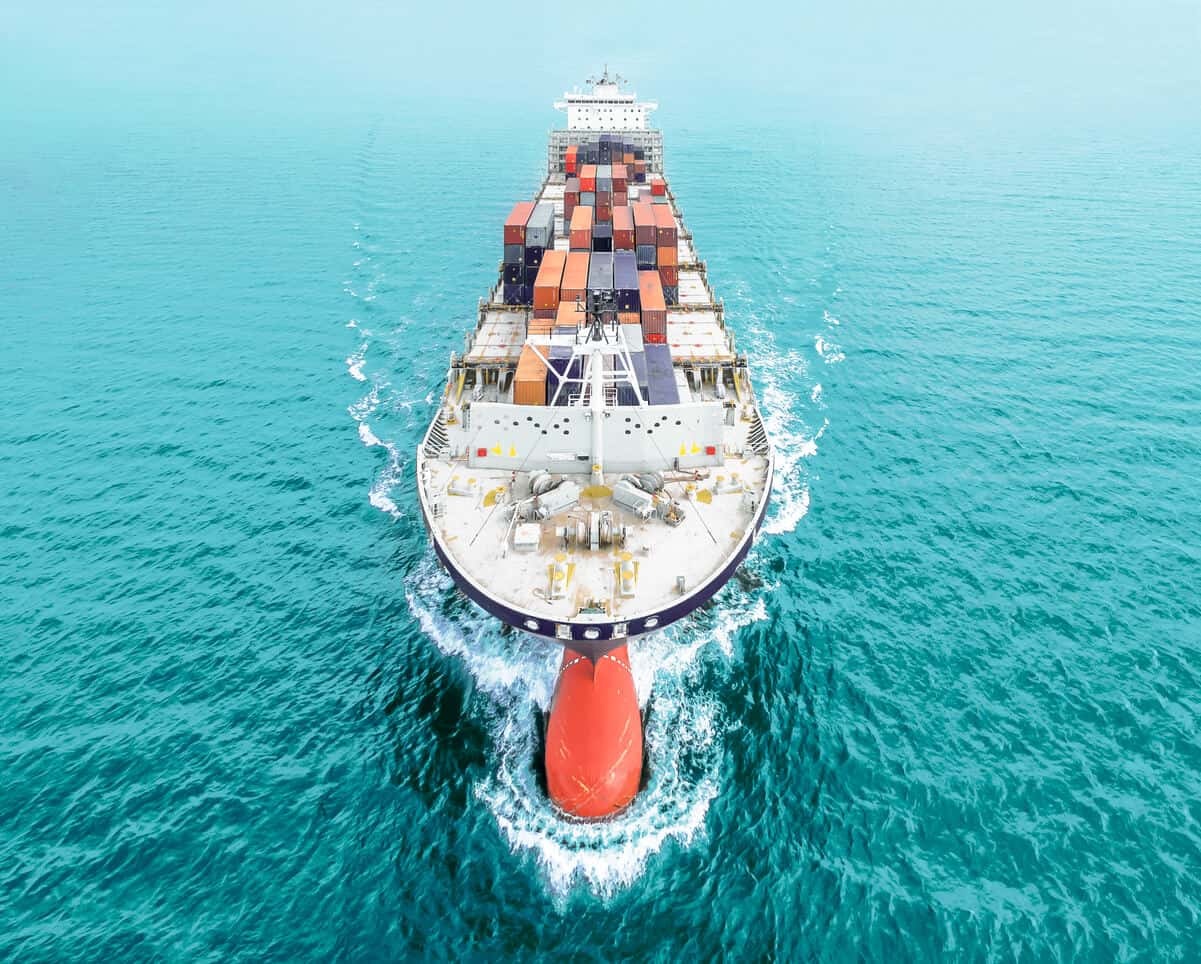
The ongoing conflict in Israel that began in October has caused terrible destruction and loss of life in that region. Still, its influence reaches far beyond the Middle East, affecting global commerce and trade. This isn’t the first time uncontrollable disruptions have impacted ocean shipping in the last few years.
Ocean shipping disruptions in the Suez and Panama Canals
In 2021, extreme weather led to the blockage of the 120-mile-long Suez Canal, one of the world’s busiest trade routes, significantly slowing down trade between Europe, Asia, and the Middle East. The six-day event stranded an estimated US $9.6 billion worth of trade.
The Panama Canal, one of the most important waterways in the world, is currently facing a severe drought that has caused water levels to drop to unprecedented lows. The Panama Canal Authority has implemented several measures to conserve water, including reducing the number of vessels passing through the 50-mile-long canal by over 40%, causing significant delays.
The war in Israel has triggered attacks on ships in the Red Sea believed to be affiliated with Israel, carried out by Iran-backed Houthi rebels, and have increased since the start of the Israel-Hamas conflict. The Red Sea is the main route to the Suez Canal, with 30% of global container traffic flowing through it. Now, combine the issues at both canals, and you’ve got double the trouble. The Panama Canal water level crisis has forced US Agri bulk exporters to opt for the longer route via the Suez Canal – adding more ton-miles and additional risk.
Considering the alternative ocean shipping routes
Although the main conflict is between groups in a small geographical region, its impact on global logistics is growing. Misinformation about which ships have ties to Israel and those that do not mean that any carrier could find themselves at risk of attack. The threat of attack has shippers and ocean carriers considering alternate routes that are significantly longer and more costly. The Suez Canal Authority has implemented an increase of 5-15% in transit fees, and some companies are incurring ‘war risk’ premiums on the shipments moving through that region. The increased costs for carriers will likely translate into higher prices for consumers.
Zim is an Israeli ocean carrier, one of the largest container shipping companies in the world, and is closely connected with the Israeli government, making it a big target. Zim has diverted some container ships around Africa rather than navigating the Suez Canal. The trip around Africa is 56% longer than passing through the Suez Canal. According to Zim, they are temporary proactive measures to ensure the safety of its crews, vessels, and customers’ cargo.
The Ben Gurion Canal, if constructed, would rival the Suez Canal and cause a major financial threat to Egypt. Given the uncertainty of the ocean shipping routes in the Middle East, companies that move cargo through that region need visibility and access to an extended ocean carrier network and the latest ocean rates and schedules to understand how they can route their shipments to optimize their costs and meet their customers’ expectations for delivery while keeping personnel, ships, and cargo safe.
Restrictions and extended transit times
As mentioned already, on the other side of the world, climate is impacting the ability to route global shipments through the Panama Canal. For months, the global shipping industry has had a keen eye on the Panama Canal as a severe drought caused water levels to drop and forced the Panama Canal Authority to put restrictions on the maximum weight and size of ships that could pass. The impact of the restrictions has been negligible because the demand for shipping through this area has been down, but now they have additional restrictions that will cause the flow through the canal to become a slow drip.
The Panama Canal Authority reduced the maximum draft of a vessel able to transit the canal from 4.9 meters to 13.4 meters. By February 2024, the average daily transits through the canal will be 18 – down from the daily average of 34 in the first three quarters of 2023.
Given the impending additional restrictions, ocean carriers on the Transpacific Eastbound are now shifting some services to go through the Suez Canal, which will extend transit time by at least seven days. But, given the ongoing challenges with the Suez Canal, ocean carriers are also considering routes around the Cape of Good Hope. Transit times for moving goods from Asia to the US East and Gulf Coasts should expect journeys to increase by about 7 to 10 days, respectively. E2open ocean shipping data validates this increase during the month of November 2023, and our January 2024 report will highlight this and other remarkable trends.
E2open can help ocean shippers optimize routes
With the potential risks for major ocean routes globally, shippers, freight forwarders, 3PLs, and logistics service providers managing global ocean shipments will need to be flexible, planning and booking well in advance to ensure their shipments arrive on time. The cost to move goods will likely increase and could trickle down to the end consumer. Access to an extended ocean carrier network and a robust ocean booking platform with up-to-date ocean rates and schedules will help shippers, freight forwarders, and logistics providers understand the optimal routes for their shipments to reduce their costs and meet their customers’ expectations for delivery.
Learn more about optimizing ocean shipment bookings and eliminating redundant data entry through one carrier-agnostic platform connected to the industry’s largest carrier network.

Author
Nicole Hudson
As a Director of Product Marketing at e2open, Nicole is focused on Transportation and Logistics applications. Over her 20+ year career, she has held various positions in product management and product development for supply chain and logistics companies, including JDA and BluJay Solutions. She joined the product marketing team at e2open in 2022 with the BluJay acquisition. Nicole currently lives in WI and enjoys attending her kids’ volleyball and basketball games and traveling in her spare time.







